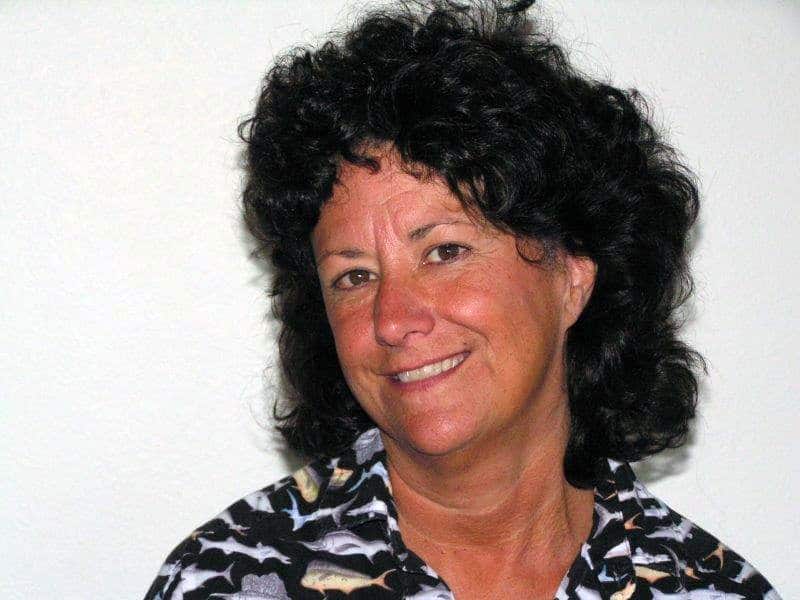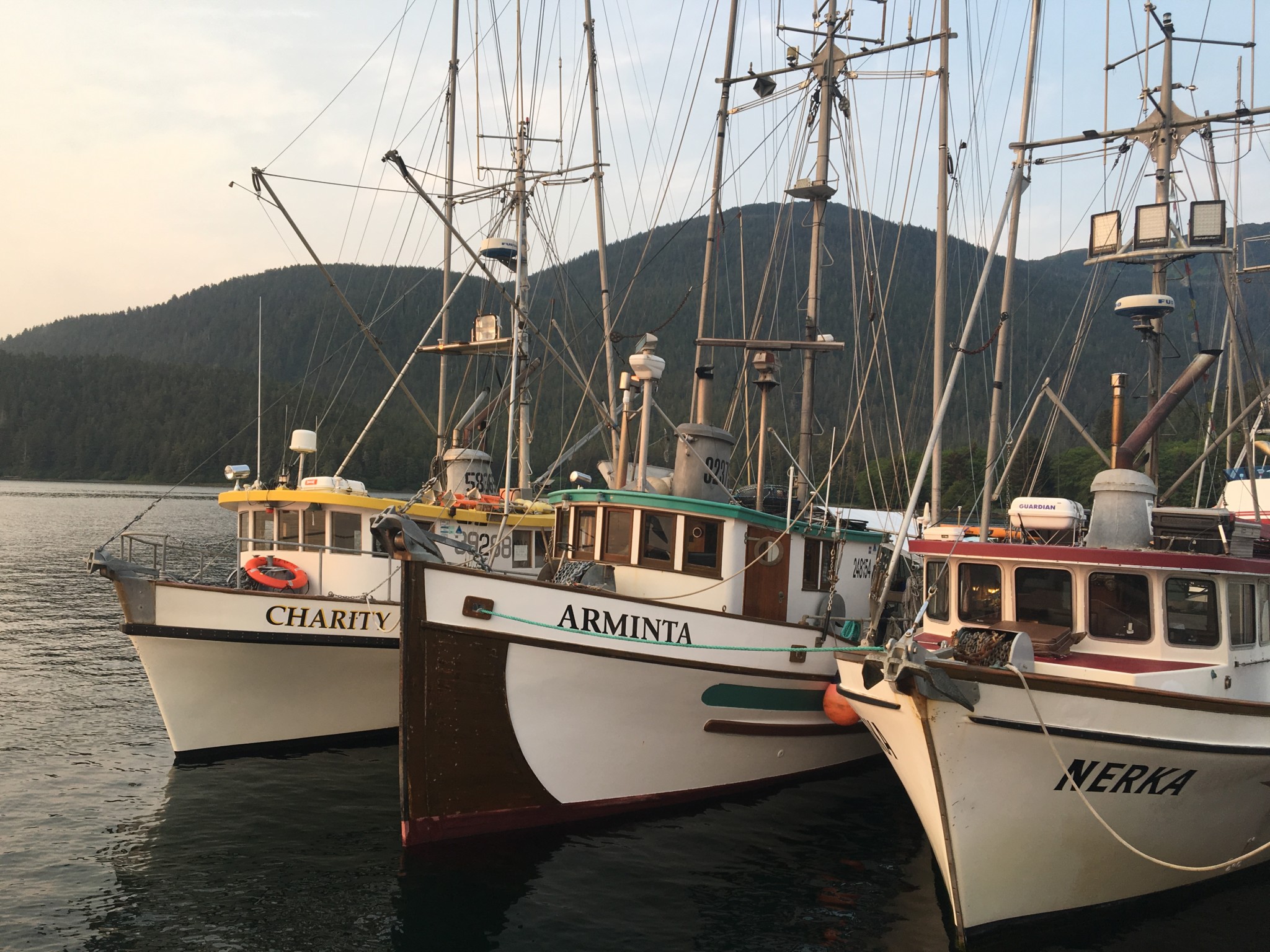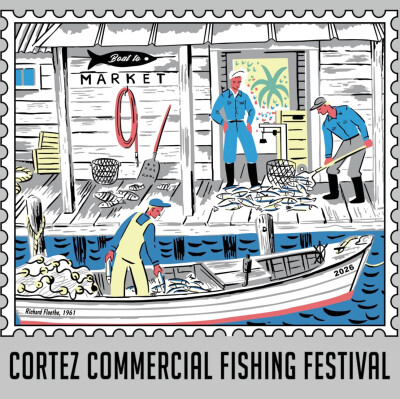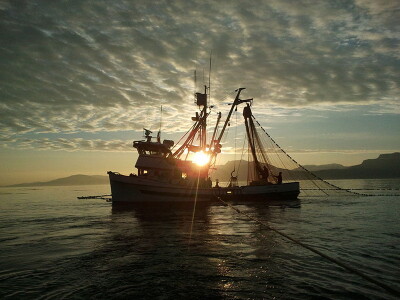Nearly 1,600 trollers who fish for king salmon in Southeast Alaska could be beached this summer over a lawsuit to protect killer whales — in Washington's Puget Sound.
On April 16 the Wild Fish Conservancy filed an injunction against NMFS to block the summer king salmon season set to open July 1 until the lawsuit is resolved.
KCAW in Sitka reported the Conservancy claims NOAA has failed to allow enough king salmon to return to Puget Sound to feed endangered resident killer whales. Their lawsuit says that 97 percent of the kings caught in Southeast’s troll fishery are from British Columbia, Washington and Oregon. Alaska data show catches range from 30 to 80 percent, depending on the year.
Amy Daugherty, director of the Alaska Trollers Association, said her group is in shock and has intervened in the lawsuit.
“Our fishery is the backbone of Southeast Alaska economically,” she said. “We are 85 percent resident, small family businesses. We have challenges, which are the markets in this day and age, but we have to fish, even under the reduced allowances of the last treaty agreement.”
The lawsuit hits at a time when salmon fishermen are facing ruined markets from covid-19 impacts. Wild Fish Conservancy Spokesman Kurt Beardslee said that makes it a good time to call off fishing.
“If there were ever a time to do it, this may be the time also for fishermen. I know many of the processing plants are reducing their productivity. Some aren’t even working because of covid. We have to change the cycle, and this year is as good as any, if not better,” he said.
Beardslee added that the injunction doesn’t mean Alaska trollers are solely to blame for the decline of the Puget Sound killer whales, whose numbers are now down to 72. Rather, he said it’s an effort to force NMFS to comply with the terms of the Endangered Species Act.
Daugherty pointed out that the lawsuit affects more than the commercial troll fleet.
“This legal matter is broader than just trolling,” she said. “I believe that all salmon fishermen, and anyone who bycatches salmon, are at risk, including sport fishermen. They need to realize that this is a pretty broad net in the lawsuit itself.”
Alaska Department of Fish and Game Commissioner Doug Vincent-Lang said the department is “exploring our options to intervene in the case.”







